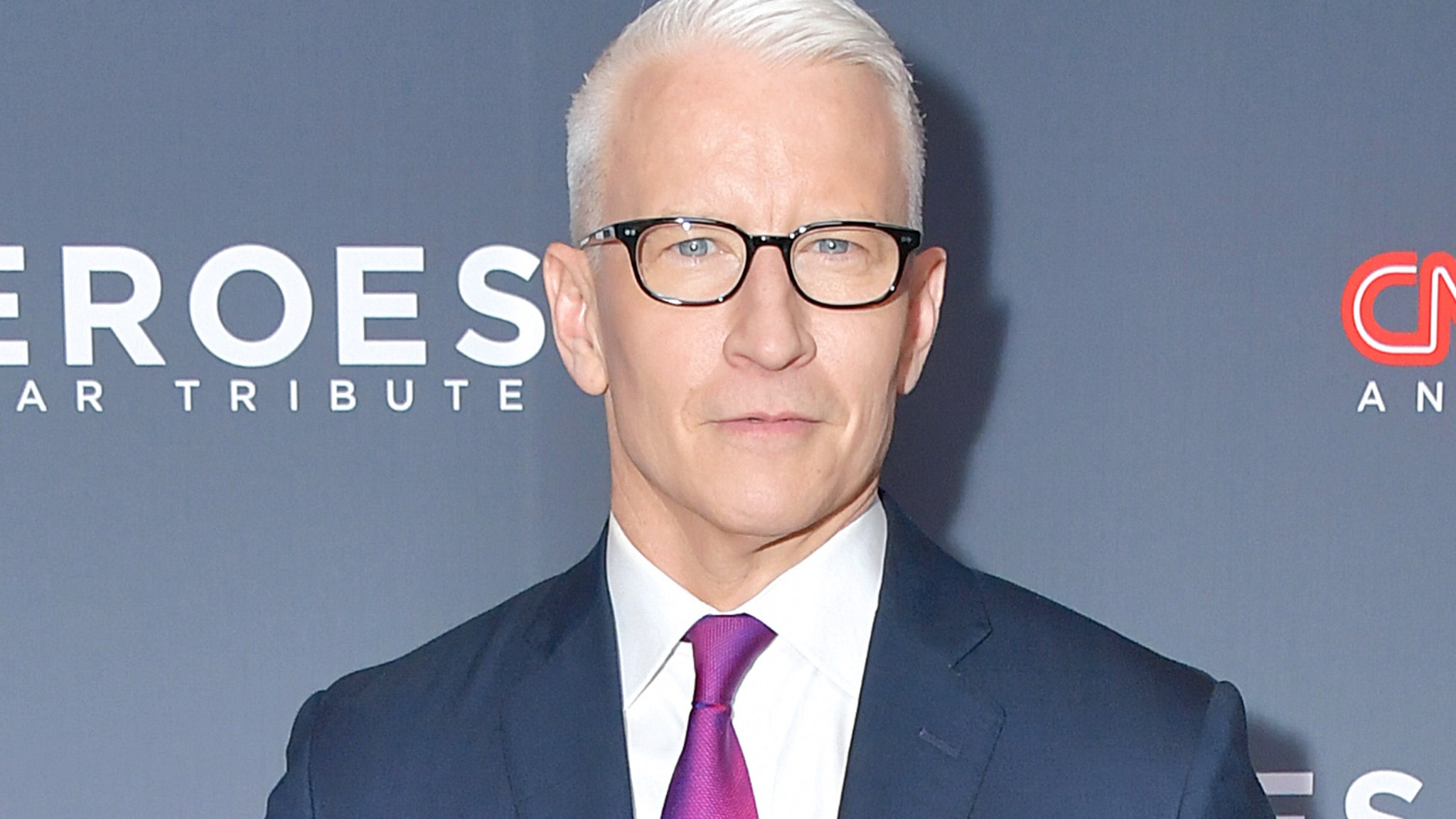Understanding The Misinformation Around Cooper Honig Suicide: Setting The Record Straight
Let’s clear the air right now—there’s been a lot of talk swirling around the internet about Cooper Honig and claims related to suicide. But before we dive into the details, let’s make one thing crystal clear: these claims are not just baseless but harmful. Misinformation spreads like wildfire, and it’s crucial to separate fact from fiction. If you’ve landed here looking for answers, we’ve got you covered. This isn’t just about Cooper Honig—it’s about understanding the bigger picture of how rumors can affect people’s lives.
Now, let’s get real for a second. The topic of mental health and suicide is heavy, and it’s something we need to approach with care and respect. It’s not just a conversation—it’s a responsibility. In this article, we’re going to break down the facts, bust some myths, and offer resources for those who might be struggling. Because at the end of the day, it’s about helping each other out and making sure the truth is out there.
So, buckle up. We’re about to deep-dive into the world of misinformation, mental health awareness, and why it’s so important to fact-check before hitting that share button. Trust me, you’ll walk away with a clearer head and a better understanding of what’s really going on.
Who is Cooper Honig? A Quick Bio
Before we get into the nitty-gritty, let’s talk about who Cooper Honig is. For those who might not know, Cooper Honig is a prominent figure in the tech world, particularly known for his work with Shopify. He’s not just a name; he’s a person with a story, a career, and a life that deserves to be respected. Below, we’ve put together a quick bio to give you a better idea of who he is.
| Full Name | Cooper Honig |
|---|---|
| Occupation | President of Shopify |
| Known For | Leading Shopify’s growth and expansion |
| Education | Cornell University |
| Personal Life | Family man and tech enthusiast |
Cooper Honig’s contributions to the tech industry have been significant, and his work has impacted countless businesses worldwide. But like anyone else, he’s human—and humans are complex beings with ups and downs. Let’s keep that in mind as we move forward.
Cooper Honig Suicide: The Origins of the Rumor
Okay, let’s talk about the elephant in the room. How did this rumor even start? In today’s digital age, misinformation spreads faster than you can say “cancel culture.” It’s not uncommon for false narratives to take root online, especially when they involve public figures. But where exactly did this particular rumor come from?
According to various reports, the rumor likely originated from a social media post or forum discussion. You know how it goes—one person says something, someone else misinterprets it, and suddenly it’s a full-blown conspiracy. It’s a vicious cycle, and it’s one we need to break.
Here’s the deal: Cooper Honig is alive and well. There’s no credible evidence to support the claim that he has passed away by suicide. In fact, he’s actively involved in his work at Shopify, continuing to make waves in the tech world. So why are people still spreading this false information? That’s what we’re here to figure out.
Why Do Rumors Like These Spread?
It’s not just about Cooper Honig. Rumors like these happen all the time, and they can have serious consequences. But why do people spread them in the first place? Let’s break it down:
- Clickbait Culture: Fake news and sensational headlines attract attention, and some people exploit that for clicks and engagement.
- Emotional Reactions: When we hear something shocking, our first instinct is often to react emotionally rather than critically.
- Lack of Fact-Checking: People are quick to share information without verifying its accuracy, which only fuels the fire.
- Psychological Factors: Studies show that humans are wired to pay attention to negative news, which makes rumors like these more likely to spread.
It’s important to recognize these factors so we can actively work to combat them. The next time you see a headline that seems too outrageous to be true, take a moment to pause and investigate further. Your diligence could make all the difference.
Cooper Honig and Mental Health: Breaking the Stigma
While the rumor about Cooper Honig’s supposed suicide is false, it does bring up an important conversation about mental health. Mental health issues affect millions of people worldwide, and they don’t discriminate based on wealth, success, or social status. Even someone as accomplished as Cooper Honig could face mental health challenges.
Here’s the thing: mental health isn’t something to be ashamed of. It’s a legitimate health concern that deserves attention and care. By talking openly about it, we can help break down the stigma and encourage others to seek help when they need it.
Common Mental Health Challenges
Let’s take a look at some of the most common mental health challenges people face:
- Anxiety: A feeling of worry, nervousness, or unease about something with an uncertain outcome.
- Depression: A persistent feeling of sadness and loss of interest in activities once enjoyed.
- Stress: The body’s response to demands or pressures, often leading to physical and emotional symptoms.
- Burnout: A state of emotional, physical, and mental exhaustion caused by excessive and prolonged stress.
These challenges are real, and they’re nothing to take lightly. If you or someone you know is struggling, it’s important to reach out for help. There’s no shame in asking for support—it’s a sign of strength, not weakness.
Cooper Honig’s Impact on the Tech Industry
Now that we’ve cleared the air about the misinformation, let’s shift our focus to Cooper Honig’s actual impact on the tech industry. As the President of Shopify, he’s been instrumental in the company’s growth and success. Under his leadership, Shopify has become a global powerhouse, helping millions of businesses thrive online.
But it’s not just about the numbers. Cooper Honig’s vision and leadership have inspired countless entrepreneurs and tech enthusiasts around the world. He’s a true innovator, and his contributions to the industry are undeniable.
Key Achievements at Shopify
Here are just a few of the key achievements Cooper Honig has been part of during his time at Shopify:
- Expanding Shopify’s reach to new markets around the globe.
- Introducing innovative tools and features to help businesses grow.
- Building a strong company culture that prioritizes innovation and collaboration.
It’s clear that Cooper Honig’s impact extends far beyond the rumors. He’s a force to be reckoned with in the tech world, and his work continues to shape the future of e-commerce.
How to Spot Fake News
Now that we’ve talked about the Cooper Honig rumor, let’s talk about how you can spot fake news in general. With so much information out there, it’s easy to get overwhelmed. But by following a few simple guidelines, you can become a savvy consumer of news and information.
Here are some red flags to watch out for:
- Sensational Headlines: If a headline seems too extreme or unbelievable, it probably is.
- Unverified Sources: Always check the credibility of the source before trusting the information.
- Spelling and Grammar Errors: Legitimate news outlets rarely make mistakes—be wary of articles riddled with errors.
- Lack of Evidence: If the article doesn’t provide credible evidence or sources, it’s likely not trustworthy.
By staying vigilant and fact-checking, you can help stop the spread of misinformation. And who knows? You might even inspire others to do the same.
Resources for Mental Health Support
Let’s circle back to the importance of mental health awareness. If you or someone you know is struggling, there are plenty of resources available to help. Here are a few to check out:
- National Suicide Prevention Lifeline: 1-800-273-TALK (8255)
- Crisis Text Line: Text HOME to 741741
- Substance Abuse and Mental Health Services Administration (SAMHSA): 1-800-662-HELP (4357)
Remember, you’re not alone. There are people who care and who want to help. Don’t hesitate to reach out if you need support.
Why Mental Health Matters
Mental health isn’t just about avoiding negative outcomes like suicide—it’s about thriving and living your best life. When we prioritize mental health, we create a better world for everyone. It’s about fostering empathy, understanding, and compassion.
So let’s make it a priority, not just for ourselves but for those around us. Together, we can create a more supportive and inclusive society.
Cooper Honig Suicide: Setting the Record Straight
As we wrap up this article, let’s take a moment to reflect on what we’ve learned. The rumor about Cooper Honig’s supposed suicide is false, and it’s important to approach such claims with skepticism and critical thinking. Misinformation can have serious consequences, and it’s up to all of us to do our part in stopping its spread.
But beyond the rumor, there’s a bigger conversation to be had about mental health and the stigma surrounding it. Let’s use this moment as an opportunity to educate ourselves and others about the importance of mental well-being. Together, we can make a difference.
Final Thoughts and Call to Action
So there you have it—the truth about Cooper Honig and the importance of mental health awareness. If you’ve found this article helpful, I encourage you to share it with others. Knowledge is power, and the more people who are informed, the better off we all are.
And if you’re struggling, don’t hesitate to reach out for help. You’re not alone, and there are people who care about you. Whether it’s through therapy, support groups, or simply talking to a trusted friend or family member, there’s always a way forward.
Thanks for reading, and remember: the truth matters. Keep it real, keep it human, and keep it kind.

Author Santee Cooper

Anderson Cooper Still Has Questions About His Brother's 1988 Suicide
Robert P. McGuinn , MSA SC 352013701